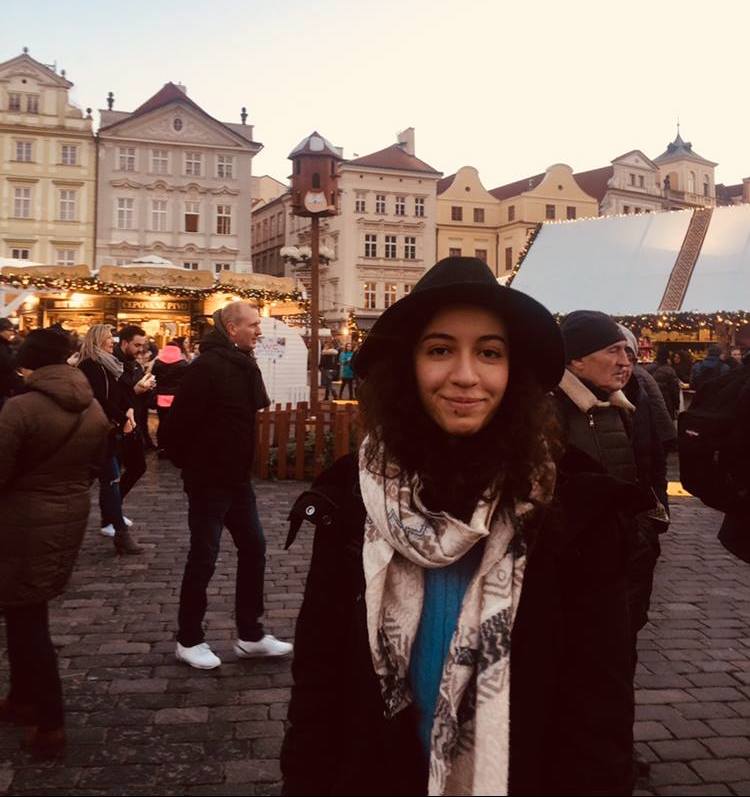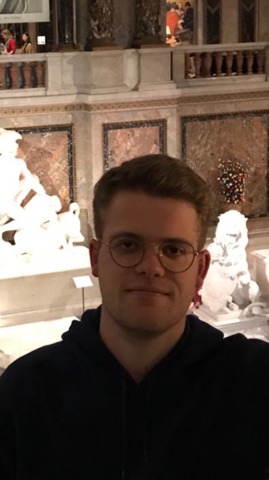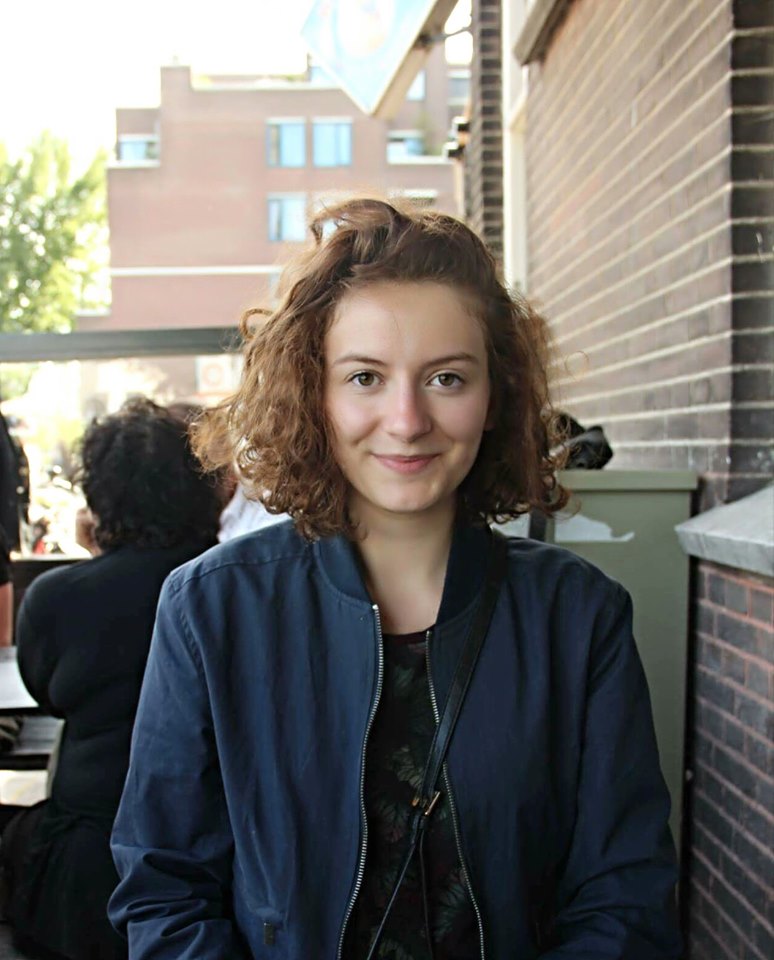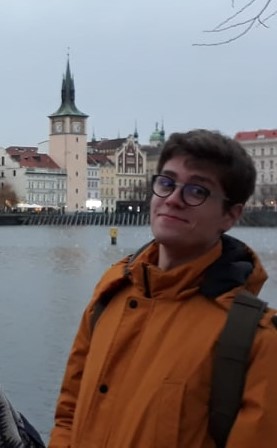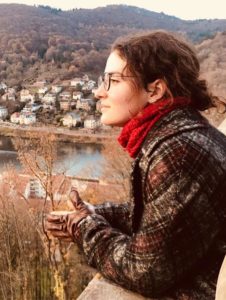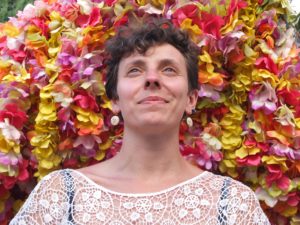How to cure the war? The development of psychiatric knowledge and its impact on the construction of social norms in Europe between 1945 and 1968
Research Area 1 & 2: Displacements, “Dépaysements” and Discrepencies: People, Knowledge and Practices & Norms and Transgressions
Contact: jakub.strelec(@)cefres.cz

This research project will deal with development of psychiatric knowledge and its impact on the social stability of post-war European societies between 1945 and 1968. The main aim of this project is to examine how this knowledge – in the interaction with the criminal justice system – shaped the social stability of different post-war European societies.
The research project will be divided into three main parts: The first part analyses the production of psychiatric knowledge and ‘deviant’ behaviour within the European psychiatric network. The main aim of this part is to study the exchange of knowledge and ideas, as well as knowledge transfers across the Iron Curtain amongst psychiatrists.
The second part examines how psychiatric knowledge was used in psychiatric expert testimonies of ‘deviant’ behaviour in criminal proceedings at the courts of three different European cities (Prague, Düsseldorf & London). Those cities were selected because all of them were situated within different political and social contexts in which psychiatric knowledge and the law system interacted.
The third part examines how these criminal proceedings were covered in the local media, for instance, in newspapers and journals. It furthermore examines the negotiation between psychiatry, law and the public about the boundaries of socially acceptable behaviour. From this point of view, the social consensus between state and society was permanently renegotiated.
This PhD project combines transnational and comparative approaches and it conducts a macro analysis of psychiatric discourse, as well as a micro analysis of case studies. This together builds the methodological framework of this research project.
CV
Education
2018- : Ph.D., Modern History, Institute of International Studiesm Charles University in Prague
2018: Mgr., History – Economic and Social History, Institute of Economic and Social History, Faculty of Arts, Charles University in Prague
2015: Bc., History, Faculty of Arts, Charles University in Prague
Fellowships and Scholarships
- 09/2019-08/2020: CEFRES Platform PhD Fellowship
- 06/2019, 09/2017-02/2018: DAAD Lehrstuhl für Geschichte und Kulturen Osteuropas, Heinrich-Heine-Universität, Düsseldorf
- 09/2016-06/2017: Erasmus, Aberystwyth University, Wales, UK
Research Grants
- 2018-2022: Charles University Grant Agency “How to cure the war? The development of physiatric knowledge and its impact on the construction of social norms in Europe between 1945 and 1968?”
Working Experience
- 10/2018-06/2019: Research Assistant, Herzl Center of Israel Studies, Charles University in Prague
Publications
- Střelec, Jakub. In the Name of Unions and Nation. The Development of Welsh Labour Historiography in the 1950s – 1990s, in Prager wirtschafts- und sozialhistorische Mitteilungen – Prague Economic and Social History Papers, 2017, 26, 2, s. 62-74.

